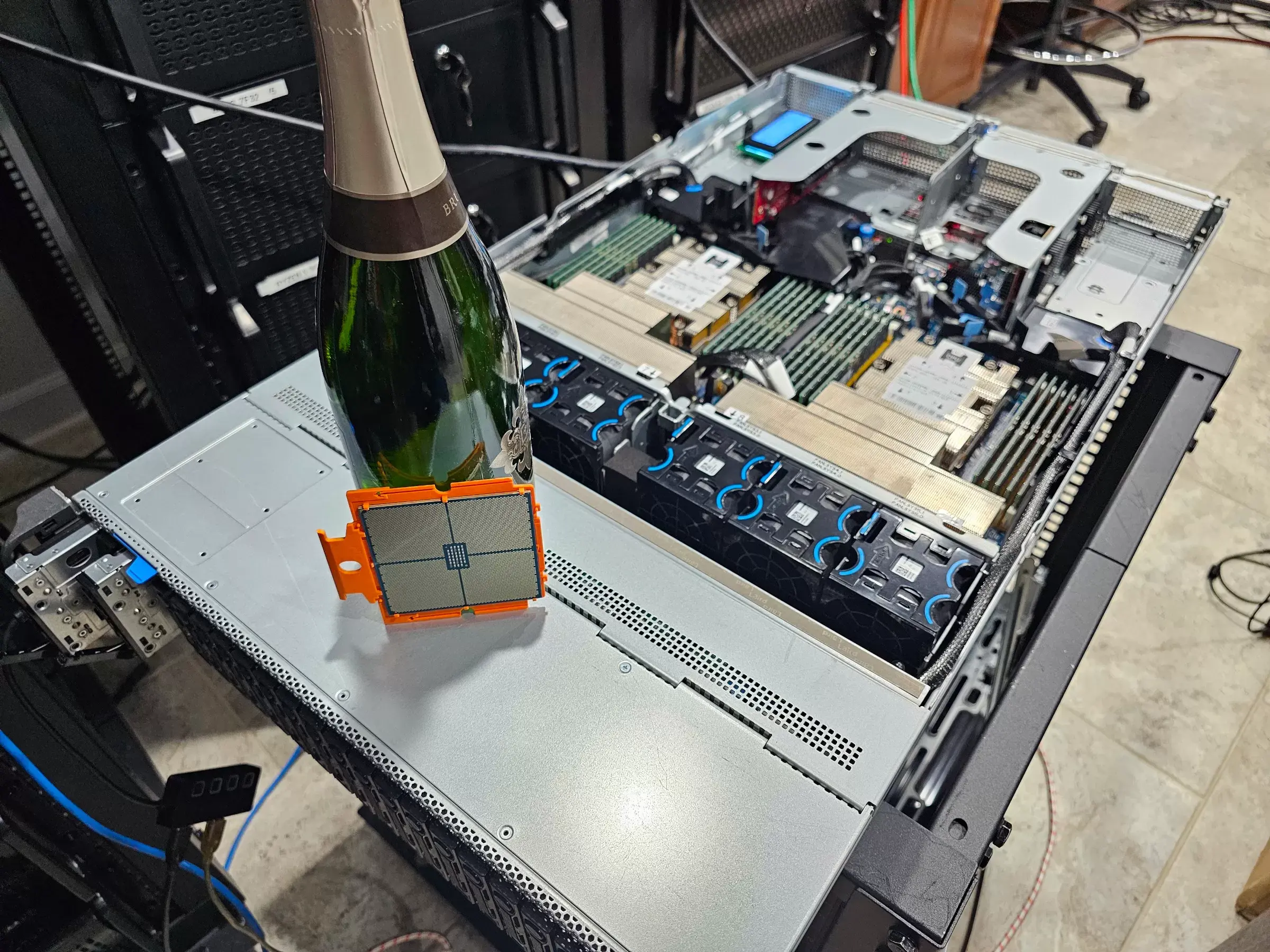- 13 Posts
- 22 Comments

 3·2 years ago
3·2 years agoThanks for highlighting this, I didn’t realize it has gotten this bad.
Afghans deserve aid, I don’t want to imply otherwise.
Also afghan Taliban leadership is responsible in part, and is further aggravating the situation by making it hard for NGO to provide aid.
At least seven international NGOs have suspended aid, saying they cannot work without female staff
Reflecting a concern that the deep ideological deadlock between the Taliban and the international community is consigning millions of Afghans to destitution, they call for a clear roadmap that will lead to the restoration of the basic functions of the Afghan central bank and the release of Afghanistan’s assets frozen abroad, mainly in the US.
It’s usually more complicated than what a catchphrase could convey, but I think it’s pretty close.
Anyone can get access to pretty powerful ML, just with a credit card. But it’s harder to get a handle on ethical implications, privacy implications, and the way the model is inaccurate, biased. This require caution, wisdom, which too few people have.
I know basics in the area, probably more than the average person, but not enough to use ML safely and ethically in practical applications. So it’s probably too early to make powerful ML accessible to the general public, not without better safeguard built-in.
The issue is technology is advancing faster than wisdom.

 5·2 years ago
5·2 years agoThis looks bad for afghan people, but I don’t see how it could change unless afghan people demand change.
There’s been intense outside pressure, a war/occupation, sanctions, and after many decades Talibans are still in power with their extreme patriarchy.

 5·2 years ago
5·2 years agoThe longer part of the windows install process is not the installation. It’s removing all the pre-installed bloatware, removing or disabling all the telemetry and other undesired features that are on by default.

 5·2 years ago
5·2 years agoGood to know. Userspace means there’s some hope of disabling this, possibly without root.

 9·2 years ago
9·2 years agoHas anyone
else replicated it? orhave more specific information on affected phone&chips?I tested with an Android phone that has a Qualcomm chip, but didn’t see any DNS query for izatcloud.net. My test involved monitoring wifi traffic using a separate device, rebooting the android device, and disabling/enabling wifi a couple times.
This post include a few plugs for the NitroPhone (which is unaffected), and appear on the NitroPhone’s vendor website. I wonder if they’re overstating how widespread the issue is, which would benefit their device’s marketing.
Update: found a couple fairphone forum threads that confirm the issue, and give more details.
- Forum post “Smartphones With Popular Qualcomm Chip Secretly Share Private Information With US Chip-Maker” on April 25 2023 where an user notice queries for izatcloud.net in his pihole logs “at night”. This would explain why my short test during the day didn’t catch this.
- Forum post “Telemetry, Spyware, list of privacy threats on FP3 Android 9” on Dec 19 2019, that links izatcloud.net to a GPS system app.
I was tempted to buy chromebooks a few times as a student, but never did because of their tiny storage. They’re meant to connect to Google online services, and to access all the stuff you’ve stored in the cloud. But they’re very impractical to use as a normal notebook, you can’t store much documents/photos or install much software on it.
Regarding warranty and software updates, the EU has minimum legal guarantee of 2 years, and new regulation is being discussed to extend legal warranty to 5 years, and to require repair service to be available up to 10 years in order to provide repair options after warranty expires.

 4·2 years ago
4·2 years agoIt’s time to revive that NPR mastodon account! https://mstdn.social/@NPR

 1·2 years ago
1·2 years agoOn which platform did you get this result?
I’m not able to avoid this particular tracking. It might be because of a difference between desktop/mobile platform, or a different DNS provider.
Firefox on Android with strict tracking protection doesn’t seem to block this king of fingerprint :(

 2·2 years ago
2·2 years agoI see code written by LLMs like code written by a sloppy (junior) dev.
The sloppy dev will code thing twice as fast than an experienced dev, it may even be shipped. Then things will break badly in production, and it’ll take an ungodly amount of time for people to debug and untangle that messy code. In the best cases, that code is quickly thrown away and rewritten by a less sloppy dev, and the code will start working properly. In the worse case, people would add workarounds to make things work, kind of, it’ll become worse over time, no one would ever want to touch the software again.

 3·2 years ago
3·2 years agoNeat.
That could be useful to improve accessibility in opensource software. They created their own license instead of using a common opensource license, I hope that won’t cause license compatibility issues.

 1·2 years ago
1·2 years agoThat’s a good point, paying for software isn’t part of individual Linux users,’ culture. At best, donations are encouraged, but even so you’re not really paying for using the software.
To their credit, Gnome’s software catalog integrates donation links. But you have to scroll to the very bottom to find it, between the project’s homepage and bugtracker links. Giving the donate button more visibility would be an easy thing to do. To my knowledge there’s no store (not gnome nor KDE) that integrate paid apps. Meanwhile iTunes or Steam allow almost one-click buy& install.
I do periodic tax-deductible donations to a local non-profit that help maintaining my Linux distribution. But that’s not much compared to the effort developers put in.
That’s a good point.
Consider also that reddit is centralized (one software, one organization, one domain) while the fediverse is decentralized (multiple software, multiple orgs, multiple domains).
One Lemmy instance being unavailable would impact a portion of fediverse users. Reddit being unavailable impact all reddit users.














Lemmy is built upon ActivityPub, which is different from RSS.
IMHO it would make more sense to have a client application that connect to both Lemmy account(s) and RSS feed(s).
This way you could fetch RSS feeds even if the Lemmy server is unavailable, and wouldn’t have to re-subsribe to RSS feeds when migrating between Lemmy servers, since subscription would be kept independant.